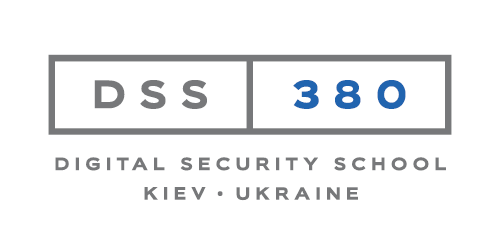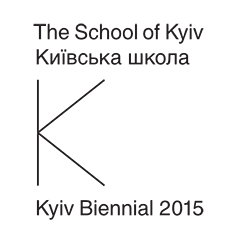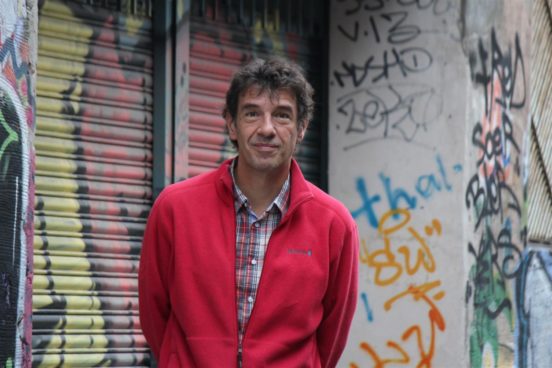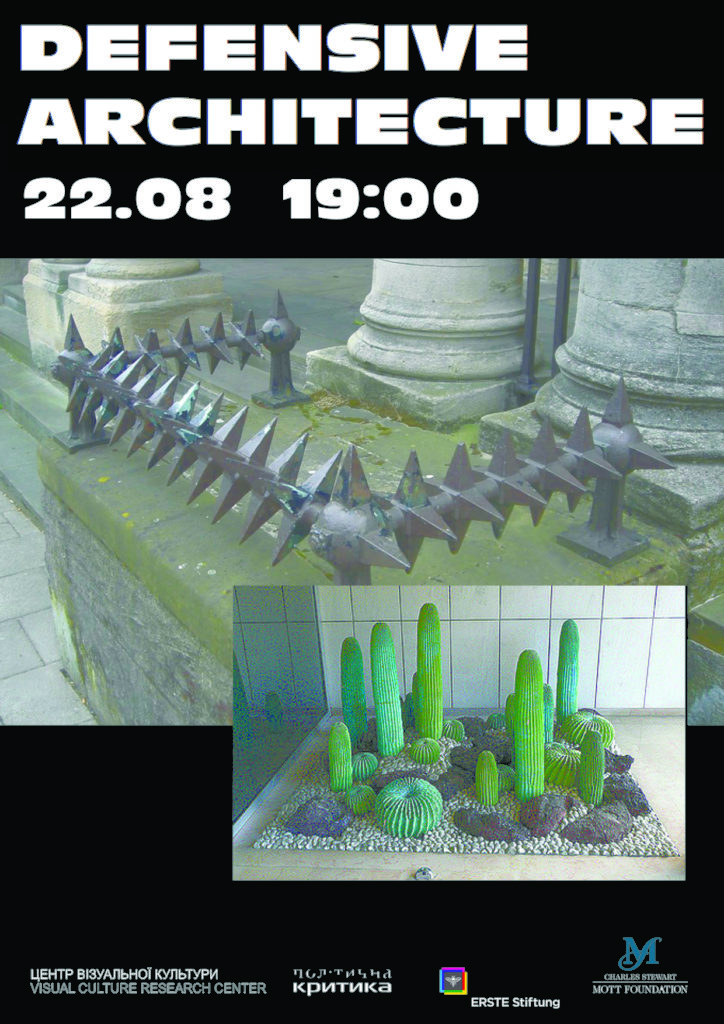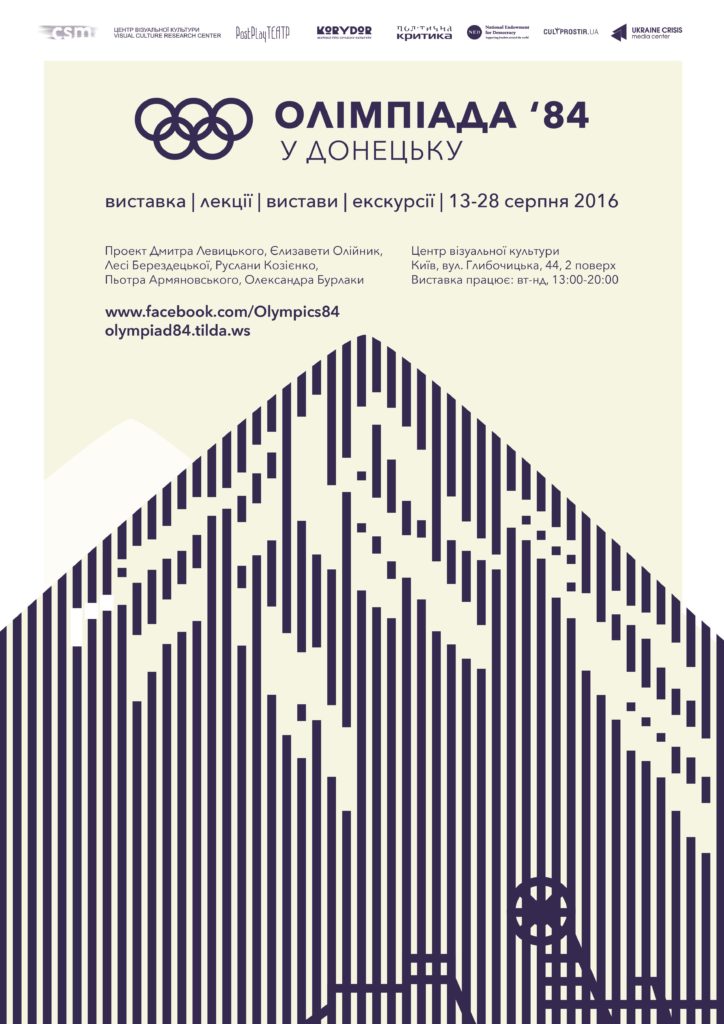Premiere screening of the film SNAILS (director’s cut) by Maryna Vroda
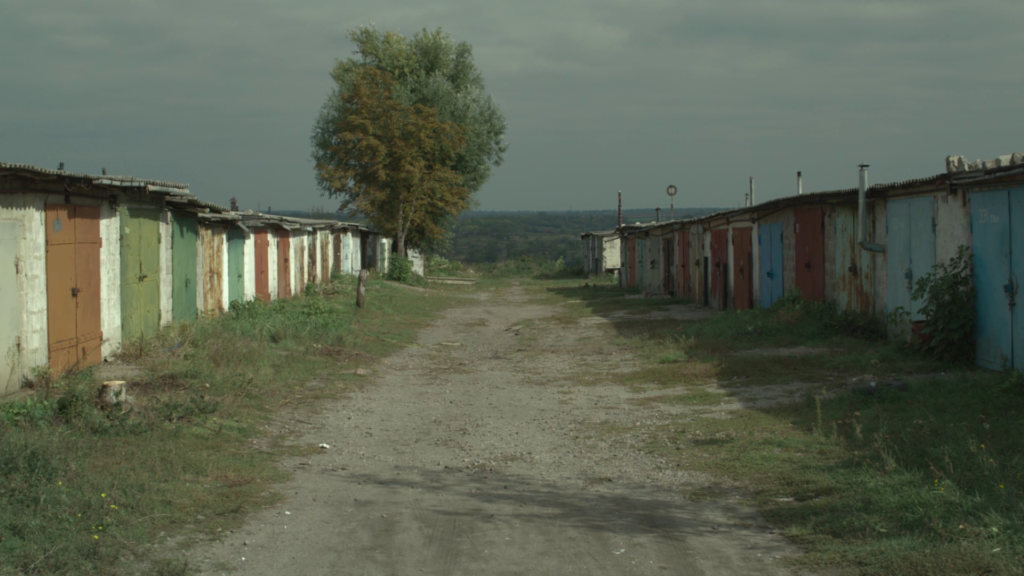
Saturday, 15 October 2016, 19:00
Snails. A never-ending walk of two friends through the landscapes of post-Soviet country. Who will win: landscape, or guys?
“One of the characters is back from Kyiv to his home grounds. At first glance, it might seem that he is no different than others, but there is something alien in his behavior. The other has lived here all his life. This is his land. Beautiful, yet brutal, it is both the epitome of rural idyll, and affirmation of the “rural life idiocy,” as well as the example of particular melancholic beauty, which can only be found in almost abandoned industrial spaces of the former Soviet Union. Much is hidden behind the character’s conflict. Here different viewers will see the generation portrait, sociological research of the current crisis, and the story about a touching, almost romantic, youngster’s friendship. Any of these views can be considered correct, yet these meanings are completely disseminated in surrounding nature. Like Poussin’s landscape, Snails not only tell the human story, but also the story of trees, hills, bridges, and railroad tracks.” – Maksim Semenov for Séance magazine.
Snails, 27’, 2014
Director: Maryna Vroda
Screenplay: Maryna Vroda
Cameraman: Volodymyr Ivanov
Sound: Mariya Nesterenko, Artem Mostovyi
Production: Ihor Savychenko, Kyrylo Shuvalov, Maryna Vroda
Actors: Dmytro Yaroshenko, Valeriy Berest
Country: Ukraine
Director’s talk will take place after the screening.
Admission is free
Maryna Vroda (1982, Ukraine) graduated in 2007 from the Kiev National University of Theatre, Cinematography and Television. Following her graduation, she had the chance to work with Sergei Loznitsa on his film My Joy (2010). Her short film Cross won the Palme d’Or for shorts at the 2011 Cannes Film festival and was screened at the 2011 International Film Festival Rotterdam. Filmography: The Family Portrait (2006), The Oath (2007), The Rain (2007), Cross (2011), Snails (2014), Penguin (documentary, 2015).
Supported by: ERSTE Stiftung and Charles Stewart Mott Foundation
Workshop for children with Anatoliy Belov

Sunday, 9 October 2016, 19:00
The artist Anatoliy Belov invites children aged 6 and older to his workshop “Specter’s scissors,” where he will teach them his unique vytynanka-technique.
During the workshop participants will try to “draw with the scissors” and depict ghosts, spirits, and other specters.
We ask our little guests to bring scissors with them!
The workshop will take place within the framework of A Visit from Ghosts exhibition.
Duration of the workshop – 2 hours.
Admission is free
Supported by: Bundeszentrale für politische Bildung

ERSTE Stiftung та Charles Stewart Mott Foundation
Premiere screening of the film Landslide by Oleksiy Radynski
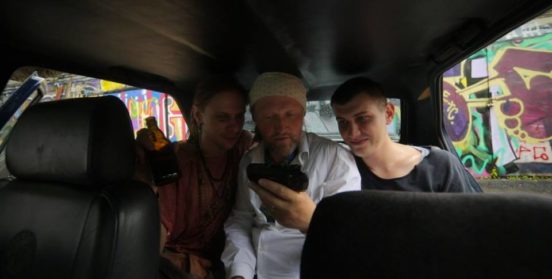
Friday, 7 October 2016, 19:00
Landslide is a film about an attempt to build “a society, which will be radically different from everything else that surrounds us” (to quote the film’s protagonists). This attempt is taking place in the very center of the Kyiv city, in the area reclaimed by the forces of nature. Landslide, degradation of urban politics and disintegration of social ties led to the emergence of anarchic, uncontrolled enclave in the city center. That is how the idea of “utopia, here and now” was born. Representatives of street art, music scene, theater avant-garde, etc. take part in the making of this utopia.
After the screening there will be a discussion with the film director Oleksiy Radynski and artist Vova Vorotniov moderated by Kateryna Mishchenko.
Film participants:
Vova Vorotniov
Borys Blazhennyi
Yuriy Antonov
David Chichkan
Ten
Oleksandr Pavlov
Mykhaylo Koptev and the Orchid Theatre
Ira Novikova, Artur Snitkus (“O,”)
E.T.C.
Landslide, 26‘, 2016
Directed by Oleksiy Radynski
Cameramen: Sasha Bojko, Max Savchenko
Additional footage: Andriy Piddubnyak, Oleksiy Radynski
Editing: Mykola Bazarkin, Oleksiy Radynski
Sound engineer: Oleksandr Horbunov
Color correction: Andriy Dovhyi
Line producer: Lyuba Knorozok
Producer: Svitlana Zinovyeva
Music: HDSH, Metrostroy Klan
Production: Inspiration Films, supported by Ukrainian State Film Agency (within the framework of the Contours project).
Admission is free
The screening takes place within the framework of the exhibition A Visit from Ghosts, open in Visual Culture Research Center until October 30. Curated by Kateryna Mishchenko.
Exhibition A Visit from Ghosts is supported by Bundeszentrale für politische Bildung

ERSTE Stiftung and Charles Stewart Mott Foundation
Lecture by Michel Agier. From “Right to the City” to “City-Making:” the Margins, the Center, and the Anthropologist
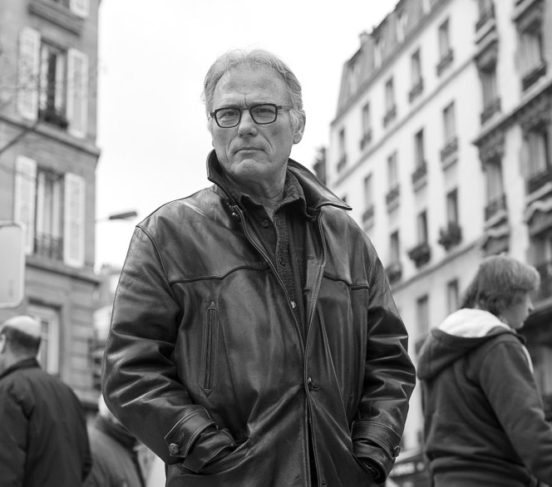
(с) Sébastien Dolidon
Thursday, 6 October 2016, 19:00
Michel Agier: “My anthropology of the city is based on the ethnographic research and on reflexive understanding of situations, places and events that “make the city.” For the anthropologist the “city-making” means realization of the “right to the city,” here and now. According to this idea, some controversial and, perhaps, minor practices (intervention, occupation) take radical meaning, as they evoke – because of such notions as the margins, the frontiers, vulnerability, emptiness, and disorder – the desire and appeal to the creation of the virtual or ideal dream city. In such terms, the anthropology of the city does not refer to any normative definition of the city as such, or create a new one, but conceives the city as continuous process of its construction and deconstruction.”
The lecture continues the course City – Discrimination, Segregation, Integration – French Experience, developed by the French Institute in Ukraine, exploring these issues from historical, sociological, and demographic perspectives.
Michel Agier is an anthropologist, research fellow at the IRD (Institut de Recherche pour le Développement) and EHESS (École des Hautes Études en Sciences Sociales). His research and teaching focus on the relationship between globalization, conditions and places of exile and the making of new urban contexts. He coordinates a new research program selected by the National Research Agency (ANR), “Babylon, city as frontier. What cities do for migrants, what migrants do for cities” (2016-18). In the year 2016-17 his seminar at EHESS is called “Anthropologies of hospitality.” Among his latest publications are: Migrants and Us. Understanding Babylon (CNRS Editions, 2016), and Anthropology of the City (PUF, 2015).
The lecture will be delivered in French with consecutive interpretation into Ukrainian.
Admission is free
In 2015 the course Migrations, Identities, Territories, developed by the French Institute, took place in Visual Culture Research Center as part of the School of the Displaced of The School of Kyiv – Kyiv Biennial 2015.
Organizer – l’Institut Français d’Ukraine
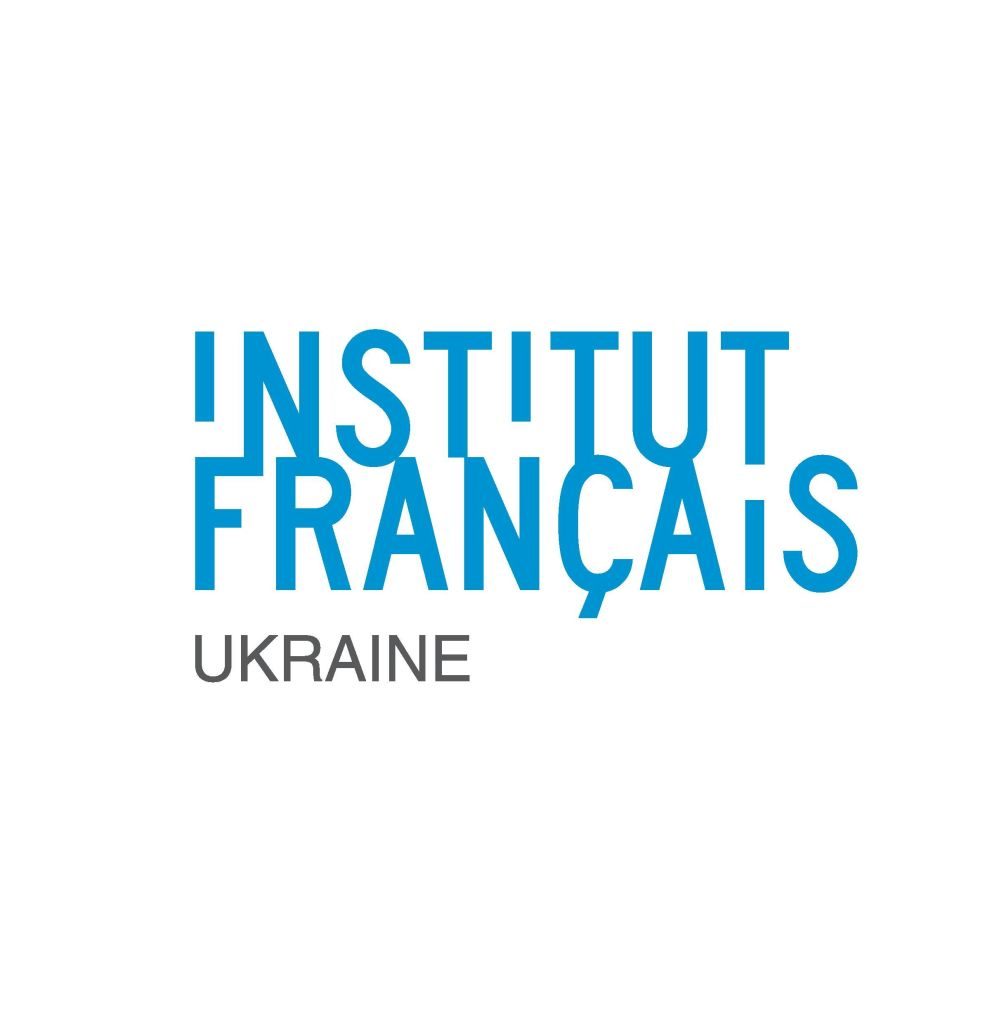
Supported by: ERSTE Stiftung and Charles Stewart Mott Foundation
Lecture by Michel Kokoreff “Precarity, Racism and Revolt”
Friday, 23 September 2016, 19:00
Recent social movements in France have once again revealed the following: in today’s French society precarity is as much at issue, as the matters of labor. It touches millions of workers, regardless of their membership in trade unions, as well as pupils, students, and, most of all, the unemployed. What we call “institutionalization of precarity” does exist. This means that exclusion and marginalization are not the only threats to social integrity. There is also the so called “destabilization of the sustainable,” that threatens those parts of the society, based on the values of social cohesion, solidarity, and redistribution. Such social vulnerability contributes to the growth of violence. It manifests itself, at work in particular, as moral or sexual harassment, racism, anti-Semitism, discrimination, and islamophobia. At this double frontline – social and ethno-racial – current protests find their basis.
The lecture is the first of the course “City – Discrimination, Segregation, Integration – French Experience”, developed by the French Institute in Ukraine, exploring these issues from historical, sociological, and demographic perspectives.
Michel Kokoreff (b. 1959) is a professor of sociology at Paris 8 Vincennes-Saint- Denis University, deputy director of the Center for Sociological and Political Research in Paris (CRESPPA). Since 20 years he has been working on the issues of social and political transformations of poor suburban French neighborhoods. He is the author of the books “Les mondes de la drogue” (Odile Jacob, 2000, in collaboration with Dominique Duprez), “La force des quartiers. De la délinquance à l’engagement politique” (Payot, 2003), “Sociologie des émeutes” (Payot, 2008), and “Refaire la cité. L’avenir des banlieues” (La République/Seuil, 2013, in collaboration with Didier Lapeyronnie).
In 2015 the course Migrations, Identities, Territories, developed by the French Institute, took place in Visual Culture Research Center as part of the “School of the Displaced” of The School of Kyiv – Kyiv Biennial 2015.
Working language: French with consecutive translation into Ukrainian.
Free entrance.
Organized by The French Institute in Ukraine

Supported by ERSTE Stiftung та Charles Stewart Mott Foundation
Exhibition “The Raft Crimea. Trumps of Doom”
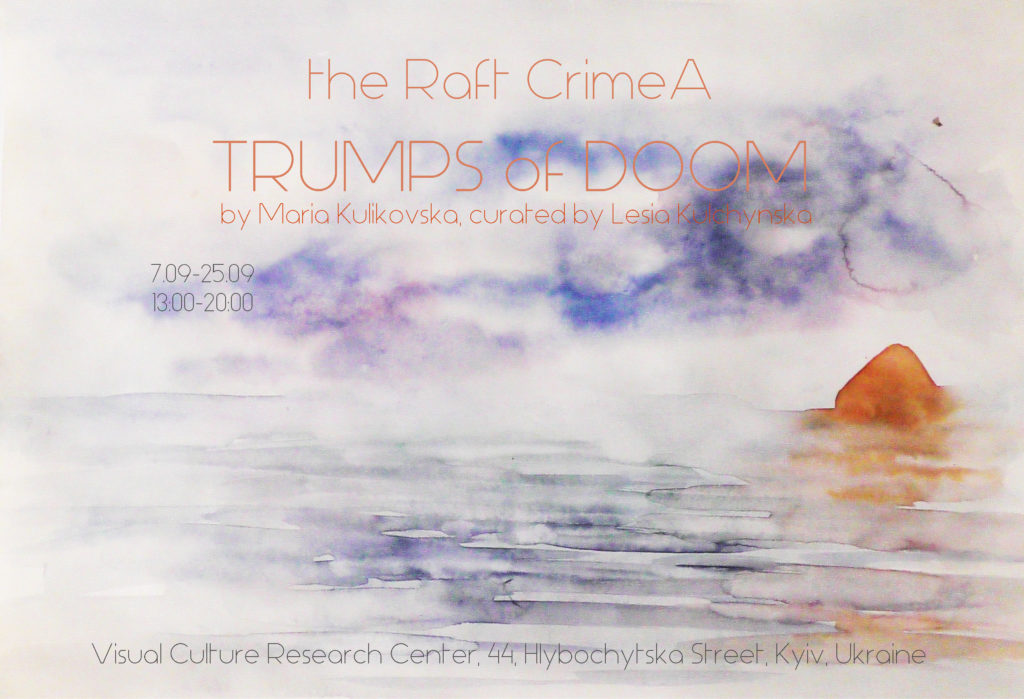
September 7 – 25
Open hours: Tuesday – Sunday, 13:00 – 20:00. Monday – closed. Admission is free.
Political, or natural, catastrophes, war, poverty, desire for a better life, make people leave their homes and set off into the open sea towards alien shores. Such trip is always risky: its success is incidental – it depends on fate, and, even more so, on support from other people. On August 16 amidst luxurious restaurants and floating hotels a life raft called Crimea floated off from the quay of the Dnipro river in Kyiv. The artist Maria Kulikovska, a former resident of Crimea, lived on the raft. Maria stayed there without any resources, only supported by what passersby shared with her.
On the 19th of August The Raft Crimea put off the capital’s quay and began its Odyssey. Thanks to continuous care, attention, kindness, and generosity of random people, the crew of the Raft reached the Danube mouth.
On Ukrainian-Romanian border the Raft was stopped by the officers of State Border Guard Service of Ukraine. The Raft crew was briefly detained by the Service.
The Raft Crimea’s short return to Kyiv will be followed by its continuous journey along the rivers of Ukraine and Europe, integrating people, met on its way, into the community of solidarity and mutual support.
Exhibition The Raft Crimea. Trumps of Doom is a story about the journey to the unknown, a story about secrets and mysteries, discoveries, found treasures, unpredictability of fate, and human kindness. This story is dedicated to the bravery of all migrants and the displaced, who are intentionally, or constrainedly, heading towards foreign shores to begin a new life, as well as to all those with an open heart, ready to care about the others.
Curator – Lesia Kulchynska.
The Migrant Parliament of the Displaced: The Raft Crimea is a performance by Maria Kulikovska aimed at reminding us about the vulnerability and helplessness of those, who lost their homes, and calling for solidarity with them. The Raft Crimea is a platform for discussing problems of the displaced and common search for their solutions. It will appear at the esplanades of different cities to indicate the place for a new meeting and assembly by its presence. Thousands of people, who are deprived of their homes, seeking for better life, safety, or simply a possibility of survival, are moving today on boats and rafts to the shores, where no one is neither waiting for them, nor wants to see them. The vast population of the new republic, which is not marked on the map, is drifting on the waves: the phantom republic of migrants. Anyone can become its citizen one day. The Crimea life raft will become its embassy, a displaced parliament for all of those who are devoid of place and political representation.The Migrant Parliament of the Displaced: The Raft Crimea performance is part of the School of Political Performance, collaborative project by Maria Kulikovska and VCRC, and belongs to the parallel program of Sentsov’s Camera exhibition at Leipzig Museum for Contemporary Art.
Maria Kulikovska is a Ukrainian artist and actionist, born in Kerch city in Crimea. She graduated from the National Academy of Fine Art and Architecture in Kyiv. Maria is the author of numerous performances, actions and happenings: War and Pea$e(Mariupol, 2016), 9th of May (solo exhibition; London, 2016), 1 May (London, 2016),Happy Birthday (London, 2016), Patience?, #Onvacation (Venice Biennale, 2015),White (2015), Untitled (2014), 254 (2014) are among them.
The School of Political Performance will kick off with its first course on September 5, 2016, becoming a permanent platform for common creation and exchange of experience. Open lectures will be combined with practical exercises, seminars, intensive workshops, collective actions and performances by the participants and lecturers of the school. The students of the School are to form a group of rapid political responsiveness by conducting a series of projects in the public space.
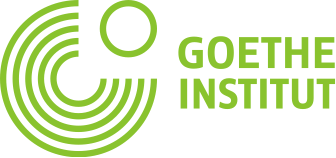
NGO «Crimea SOS», NGO «Vostok SOS Charitable Foundation», «Crimean prisoners» support group The Solidarity Committee.
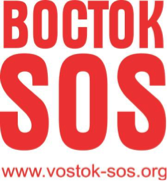
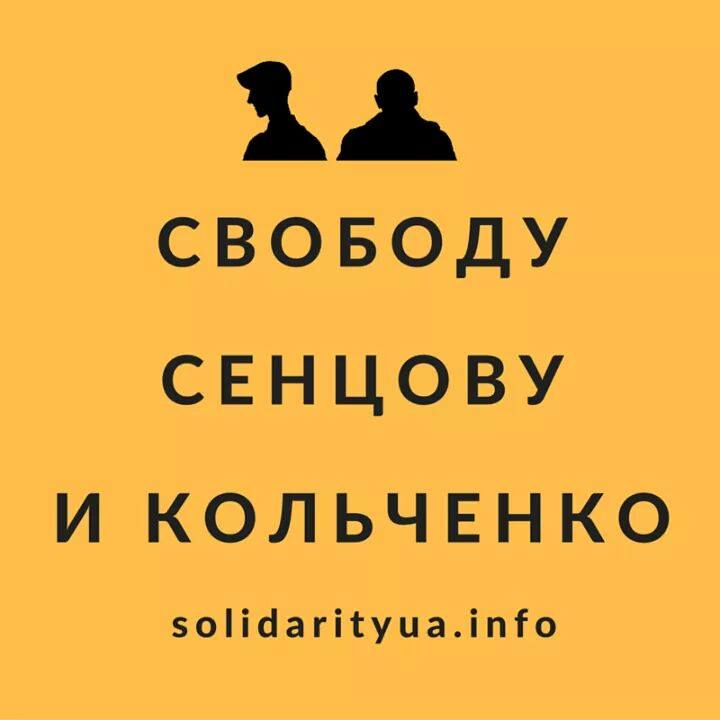
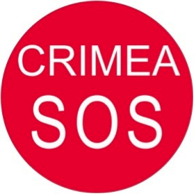
Art Represent gallery, London, 32 Vozdvizhenka Arts House, Kyiv
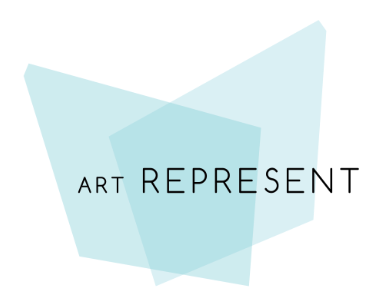

Co-funded by «Krytyka Polityczna» («Political Critique») within Connected Action for the Commons program of European Cultural Foundation
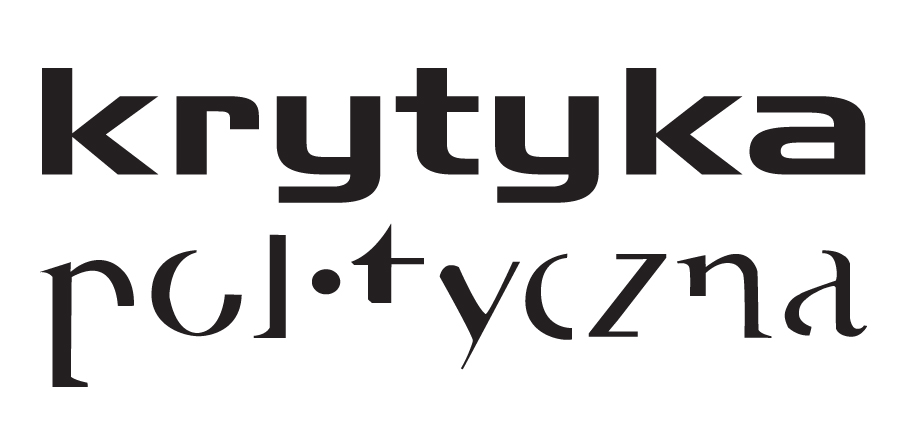
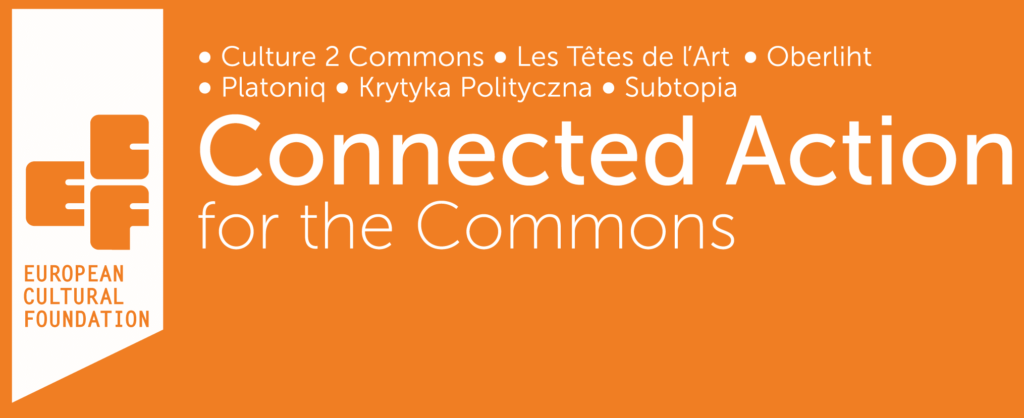
Media partners: Ukraine Crisis Media Center, Krym. Realii
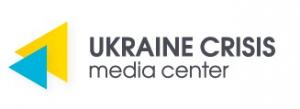
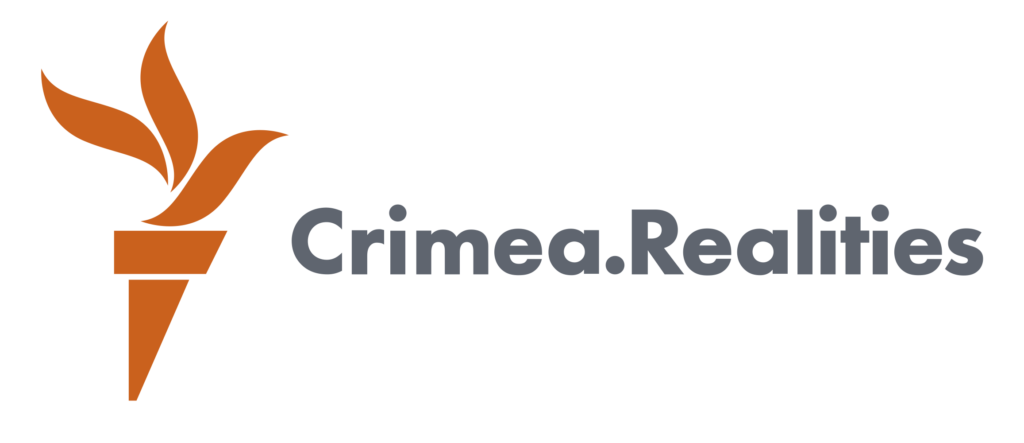
DEFENSIVE ARCHITECTURE. Lecture by Lucien Gurbert
August 22, 2016 19:00
Lecture by Lucien Gurbert
DEFENSIVE ARCHITECTURE AND «CRIME PREVENTION THROUGH ENVIRONMENTAL DESIGN». Between police fantasies and urban reality
In the streets of many metropolises of the western world, a new kind of urban furniture is emerging. In Brussels, London, Paris, Toulouse or Nantes are growing spikes, pins, blocks, fences, inclined surfaces, diced public benches, CCTVs and many other technological control and surveillance tools. All of these devices aim to a single purpose : excluding a range of the citizens apart from the public space, as unwanted individuals. These “defensive devices” do not only stigmatize persons, such as beggars or homeless people : they mainly deter the “bad” practices, and therefore indirectly express the good practises one must follow to stay a reasonable citizen : not lying on the streets, not skateboarding, not begging, etc.
A threat of defensive devices, emerging in our cities, prevents people from the use of public space, increasing the number of brands in the urban landscape and serving as an instrument for police brutality.
Lucien Gurbert – Architectural Bureau “Vendredi” Nantes France, art member of the collective ”Radio as Paper”.
Supported by: ERSTE Stiftung and Charles Stewart Mott Foundation
.
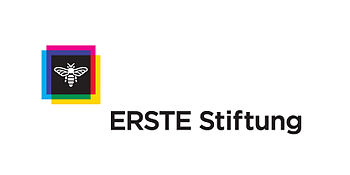
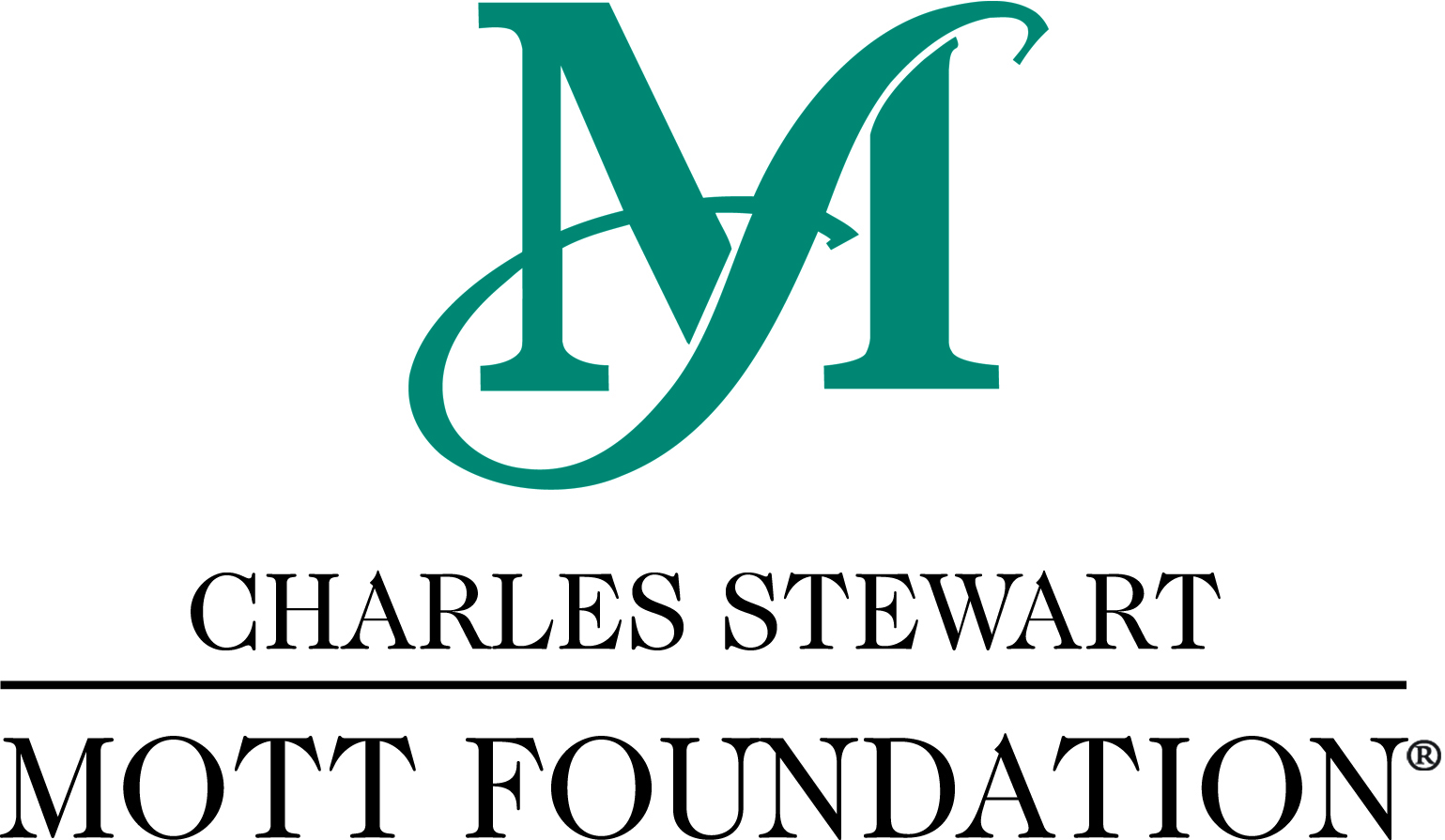
Contacts:
+380639535143 Natalka Neshevets
Fb: VCRC
THE MIGRANT PARLIAMENT OF THE DISPLACED: THE RAFT «CRIMEA»
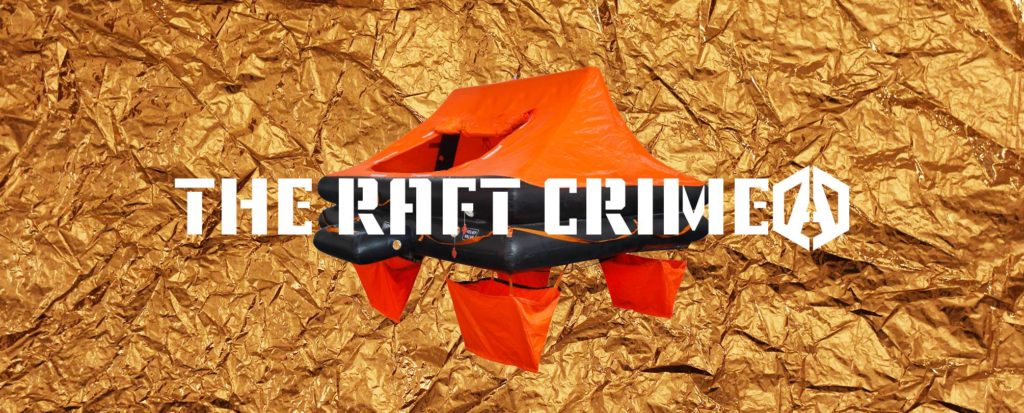
August 16 – 24, 2016
Visual Culture Research Center and Political Critique invite you to the performance action «The Migrant Parliament of the Displaced: The Raft Crimea» by Maria Kulikovska, starting on Tuesday, August 16 at 10.00 at the Kyiv quay of the Dnipro river between the River Station and the pedestrian bridge to Trukhaniv island.
Crimea is a migrating peninsula, where one can migrate, not making any movement: the territory under one’s feet is migrating. One can fall asleep at home and wake up at the very same place, but in another country. In 2014, the whole population of Crimea migrated from one state to another overnight without making a single step.
On August 16 to 19 the migrating «Crimea» will appear in Kyiv for a while: amidst luxurious restaurants and yachts a life raft with a neon signboard will float off from the quay of Dnipro in Kyiv. The artist Maria Kulikovska, a citizen of the Autonomous Republic of Crimea, presently a «displaced person», will stay on the raft. Maria will live there without any resources, only supported by Kyiv residents. Making her survival dependent on other people’s contributions, Maria highlights the vulnerability of those who had lost their homes, and calls for solidarity with them.
The raft «Crimea» will become a live spot on the map, marking a meeting point. With its inhabitant on board, the raft is welcoming all the displaced people, who need help, to come and voice their problems and needs. Everyone who is ready to help or to listen are also welcome. This place is destined to become a platform for discussing the urgent problems of the displaced and searching collectively for solutions.
On Friday, August 19 at 10.00 Maria and those, who would like to join her on board, will start drifting down the Dnipro river on the «Crimea» raft, in order to cross on August 24 the EU border, and to continue their journey on the rivers of Europe. The raft will moor at harbors of different cities, marking every time by its presence a place for a new meeting, to convoke local gatherings of migrants and the displaced.
The raft «Crimea» is both, an artwork and a real political proposal. Water routes have always defined the development of states. Thousands of people, who are deprived of their homes, seeking for better life, safety, or simply a possibility of survival, are moving today on boats and rafts to the shores, where no one is neither waiting for them, nor wants to see them. The vast population of the new republic, which is not marked on the map, is drifting on the waves: the phantom republic of migrants. Anyone can become its citizen one day. The «Crimea» life raft will become its embassy, a displaced parliament for all of those who are devoid of place and political representation.
«The Migrant Parliament of the Displaced: The Raft Crimea» performance is part of the collaborative project The School of Political Performance by Maria Kulikovska and the VCRC, and belongs to the parallel program of Sentsov’s Camera exhibition at the Leipzig Museum for Contemporary Art.
Starting from August 16, Maria Kulikovska will distribute her radio-diary from the raft «Crimea» on the «Old fashioned radio» station (ofr.fm) at 23.00 o’clock.
In September 2016 Visual Culture Research Center will open its doors to present a documenting exhibition of the performance.
Maria Kulikovska is a Ukrainian artist and actionist, born in Kerch city in Crimea. She graduated from the National Academy of Fine Art and Architecture in Kyiv. Maria is the author of numerous performances, actions and happenings: War and Pea$e (Mariupol, 2016), 9th of May (solo exhibition; London, 2016), 1 May (London, 2016), Happy Birthday (London, 2016), Patience?, #Onvacation (Venice Biennale, 2015), White (2015), Untitled (2014), 254 (2014) are among them.
The School of Political Performance will kick off with its first course on September 5, 2016, becoming a permanent platform for common creation and exchange of experience. Open lectures will be combined with practical exercises, seminars, intensive workshops, collective actions and performances by the participants and lecturers of the school. The students of the School are to form a rapid political action team, that will conduct a series of projects in the public space.
Organizers: Visual Culture Research Center, The School of Political Performance initiative.
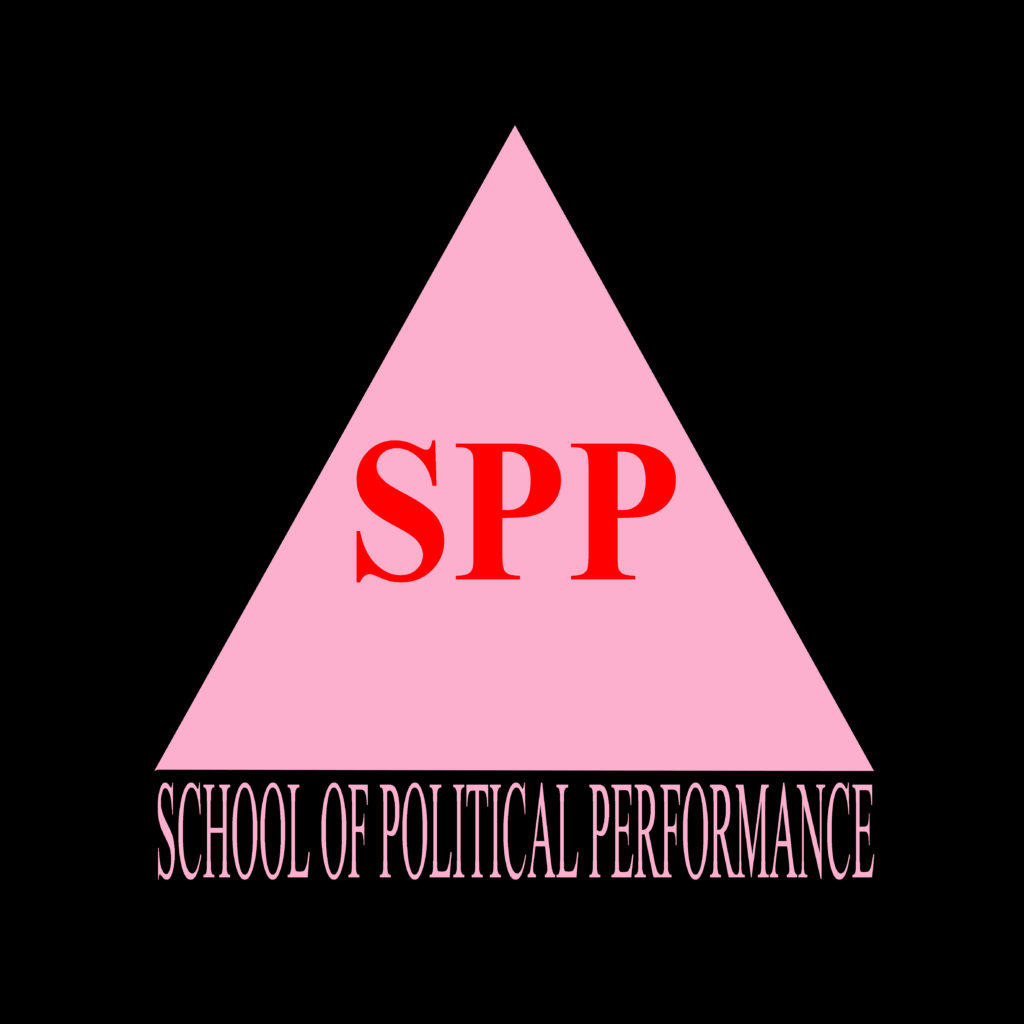
Co-funded by «Krytyka Polityczna» («Political Critique») within Connected Action for the Commons program of European Cultural Foundation.


Partners: NGO «Crimea SOS», NGO «Vostok SOS Charitable Foundation», «Crimean prisoners» support group The Solidarity Committee.



Hromadske, Goethe-Institut in Ukraine
![]()

Kiev Racing Yacht Сlub, «Vozdvizhenka Arts House» gallery
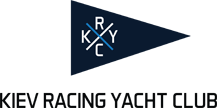

«Art Represent» gallery, «Port Creative Hub» project, «Without Borders» project

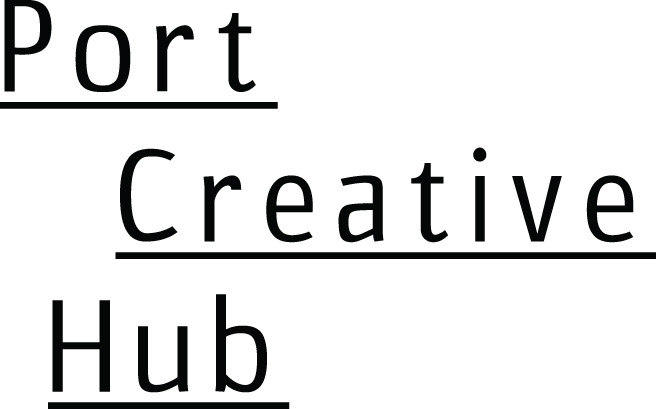
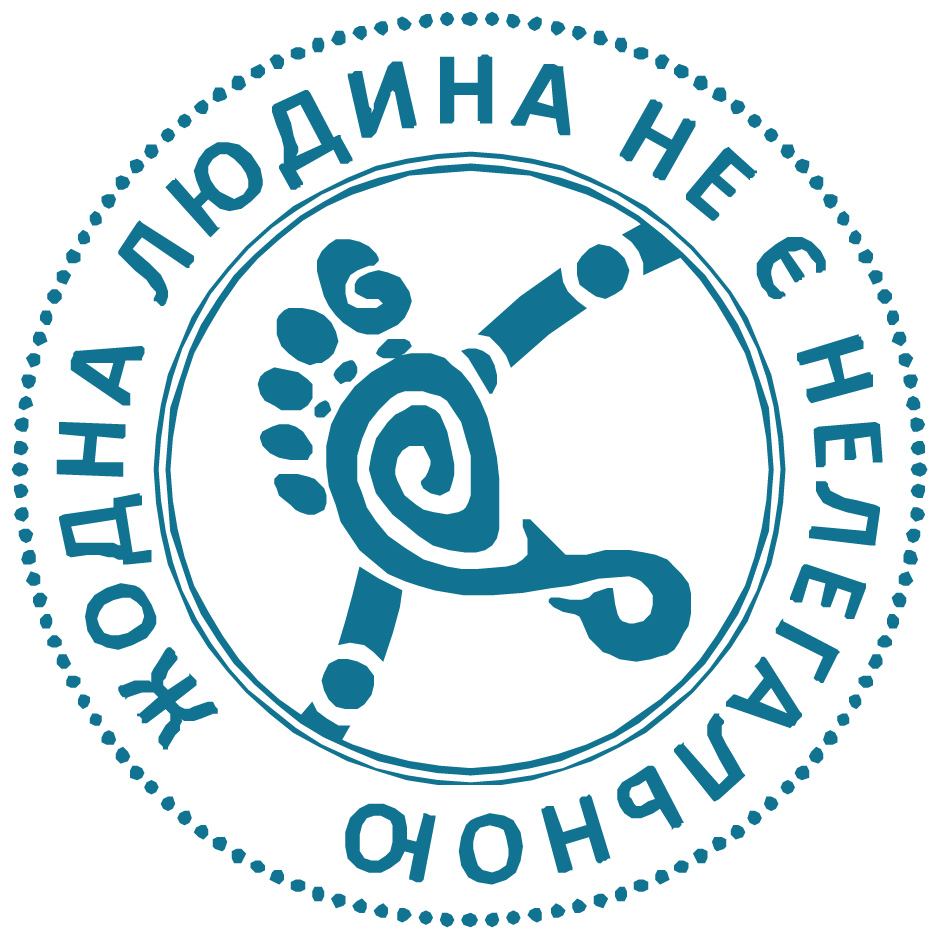
Supported by: ERSTE Stiftung and Charles Stewart Mott Foundation


Media partners: Hromadske, Political Critique, Cultprostir
![]()
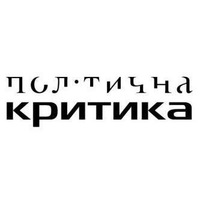
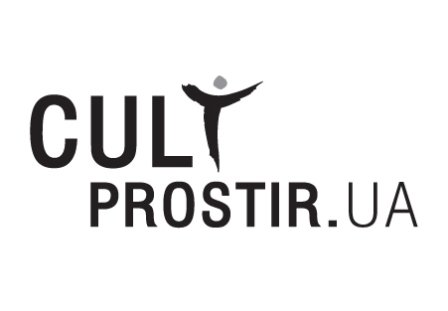
Old fashioned radio, Hromadske radio
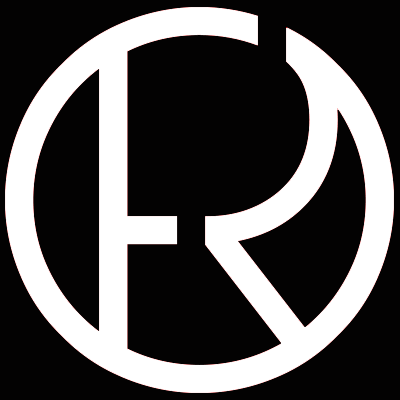

Polish daily online newspaper «Dzennik Opinii», «Political Critique» magazine on culture and politics.
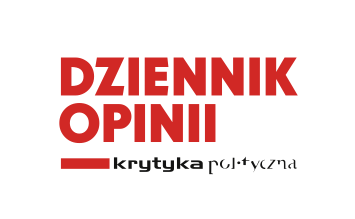
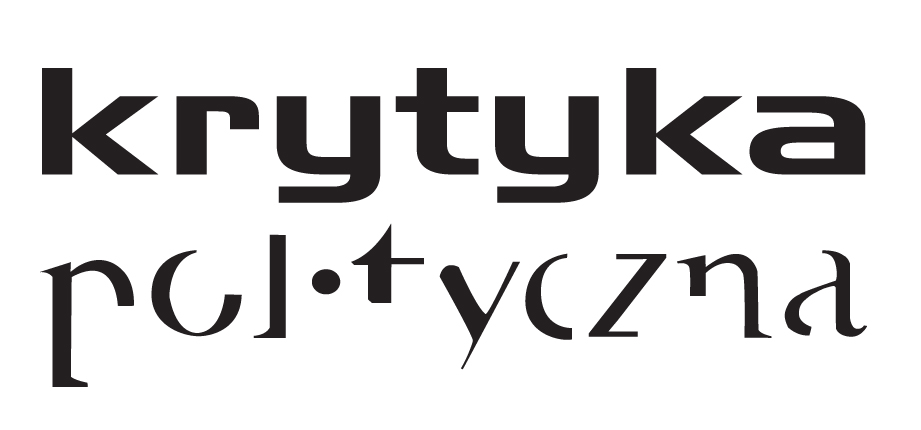
Contacts:
+38 (067) 6695457 Ganna Tsyba
+38 (063) 9535143 Natalka Neshevets
+38 (093) 0400548 Lesia Kulchinska
“Olympiada-84 in Donetsk”: exhiition, lectures, plays, excurtions
August 13 – 28, 2016
Visual Culture Research Center and Political Critique invite you to the exhibition “Olympiada-84”, starting on Saturday, August 13 at 19:00 at the Visual Culture Research Center and will last until August 28.
During its history sport has never been “just sport”. Instead, it was some sort of a biopolitical “religion” of victory and records, closely intertwined with global economy and politics.
UEFA European Championship, the FIFA World Cup, the summer and winter Olympic Games were long ago turned into events that fundamentally change the infrastructure, landscape, and even the ecology of the cities they are held at. Countries and cities are ready to overspend their own resources just to have the right to host them.
At the same time, mass sports competitions have always been a powerful instrument for shaping collective identities: there is hardly anything that can create such feeling of emotional unity as rooting for “our guys” or, even more, against “the others”, especially during such collective rituals as ‚waves’ rolling through the stadium, or football chants.
All this together poses questions: could the Winter Olympic Games in 1984 have changed something, if they were held in Donetsk? Would have this improved the socio-economical development of the region? Could’ve it influenced the regional identity of Donbass, or would it become the reason for its inclusion to the “nationwide” identity? Finally, could’ve it changed anything in the context of the current war in Eastern Ukraine? Of course, history does not recognize the potential mood, and the imaginary space, fantasies, myths, fake memories, even games are usually regarded as accessory and casual. Putting above the “real historical facts”, we tend to not notice how events, which never became a part of the official history, can influence our present.
Without any doubt, the need to experience in 2016 the “never experienced” 1984 Olympics is symptomatic, and indicates the unconscious yearning for fixing “the mistakes of the past”. Hence the «Olympics-1984 in Donetsk» attempts to think them through working with personal stories of migrants from Eastern Ukraine — of those, whose identity is connected with the collective identity of Donbass. It seeks to understand why, to a certain extent, it was excluded from the “nationwide” identity through the pivotal political and social processes of the 80s on the way to the present political situation in Ukraine.
«Rosegarden» play
When and where: Saturday, 18 August, 2016, 20.00 at PostPlay Theatre (31, Nyzhnoiurkivska Str.)
Based on personal stories of three internally displaced migrants from the Donbass region, the idea of the play with their participation was to confront the official (documented) history, and the personal (oral) stories of certain people, discovering their essential incommensurability. In such context, stories about details, sensations, private rituals and feelings become in a way the opposition of the official history’s pathos, and the state machine producing it.
“Without Armour” play
When and where: Saturday, 27 August, 2016, 20.00 at PostPlay Theatre (31, Nyzhnoiurkivska Str.)
The performance is created upon a personal story and with the assistance of an ATO combatant. Its problematics can be outlined, perhaps, by his own commentary:
“We, the fighters, have a huge problem with self-identification. Who am I now? Am I a soldier or an ex-soldier? Am I the victor or the defeated? — It is not known. It’s impossible to give an unambiguous answer to any of these questions. Am I a military? — Yes, because I have served, and I will do it again, if needed. Am I a winner? — I definitely had a victory over myself. I obtained Ukraine within myself. I’m the winner in this particular aspect. But the society is looking at me with incomprehension: on the one hand, we waited for the victory from you so much, and you didn’t hand it. Or, maybe, on the other hand, I’m the defeated? — Who knows, I was broken and demoralized…”
Tours through M.M.Gryshko National Botanic Garden by Vitalii Kukhar
When and where: 14 and 28 of August, 14.00 at the Botanic Garden
Vitalii Kukhar, who is a migrant, works in the National Botanic Garden as a general labourer, but his main area of responsibility is the rosegarden. Vitalii spends most of his time in the garden, his days off are Saturday and Sunday. He is interested in the history of plants, their uses, the places these species were brought from. The garden becomes from time to time a place, where Vitalii meets his friends and acquaintances, including other migrants, to whom he tells his stories, which intertwine with the history of the garden.
Generation Games
When and where: Wednesday, 24 August 2016, 14.00 at the “Start” stadium
Not being exclusively restricted by the “adult history” of the 80s, the “Olympics-84” project aims to stage the games that were popular amongst children and teenagers of that time, engaging into the circle of experts the representatives of generations whose childhood was in the 70s and the 80s. We invite all children of 6 to 14 years old to participate in order to try out and assess the entertainment of the times of their parents’ childhood.
Lectures program:
Anton Liagusha, «The imaginary Donbass of the 1984 Olympics time: historical tropology, the Soviet feudalism and alienation.» When and where: Sunday, August 14, 19.00 at Visual Culture Research Center.
Kyrylo Tkachenko, «Enthusiasm and disappointment: Donbass miner’s movement from 1988 to 1993.» When and where: Friday, August 19, 19.00 at Visual Culture Research Center.
Danylo Sudyn, «Donetsk citizens’ identities — from Ukraine’s independence declaration to the occupation.» When and where: Saturday, August 20, 19.00 at Visual Culture Research Center.
Oleksii Karachynskyi, «Existential problems caused by the conditions of forced migration and military action.» When and where: Sunday, August 21, 19.00 at Visual Culture Research Center.
Anna Kravets. Visual laboratory. «Olympia: the festival of the cult of body and the Germany’s triumphal springboard on the eve of World War II,» and the screening of Leni Riefenstahl’s «Olympia. Festival of Nations» (1938). When and where: Thursday, August 25, 19.00 at Visual Culture Research Center.
Ruslana Kozienko, «Cultural trauma and the politics of memory: on the edge of the personal and the official.» When and where: Friday, August 26, 19.00 at Visual Culture Research Center.
Taras Liutyi, «Mass sports games and the power.» When and where: Sunday, August 28, 19.00 at Visual Culture Research Center.
Admission is free.
Authors of the project: «Olympics-84» Initiative (Dmytro Levytsky, Yelyzaveta Oliynyk, Piotr Armianovsky, Lesya Berezdetska, Ruslana Kozienko, Oleksandr Burlaka).
«Olympics-84» project is part of CSM / Foundation Center for Contemporary Art and Korydor online magazine «From the First Person: Memory. Voice. Dialogue» program, financed by National Endowment for Democracy (NED).
Автори проекту – ініціатива «Олімпіада-84» (Дмитро Левицький, Єлизавета Олійник, Пьотр Армяновський, Леся Берездецька, Козієнко Руслана, Олександр Бурлака).
Проект є частиною програми CSM / Фундації Центр Сучасного Мистецтва і онлайн-журналу Korydor «Від першої особи: Пам’ять. Голос. Діалог», профінансованої National Endowment for Democracy (NED).
Organizers: «Olympics-84» Initiative, Visual Culture Research Center
Partners: CSM / Foundation Center for Contemporary Art, Korydor magazine

![]()
National Endowment for Democracy (NED)
![]()
PostPlay Theat

Інформаційні партнери: Політична критика, Cultprostir.ua, Український кризовий медіа центр


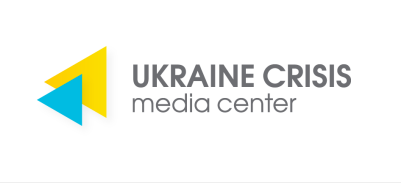
За підтримки ERSTE Stiftung та Charles Stewart Mott Foundation:


Контакти:
vcrc@vcrc.org.ua
www.facebook.com/vcrc.org.ua
www.facebook.com/Olympics84
+380639535143 Natalka Neshevets
+380676695457 Ganna Cyba
+380933911525 Ruslana Kozienko
CRYPTO PARTY. An informal practical workshop

Thursday, 21 July 2016, 20:00
CRYPTO PARTY
Should we be worried about pervasive Internet surveillance? Do we want to rebuild privacy for your online communications? At the informal practical workshop from CryptoClasses, taking place on July 21 at Visual Culture Research Center, you will learn why you need this and how to do it. CryptoParty will help you develop basic skills in the usage of encrypting technologies, sending private messages to your friends, and putting the electronic signature without the threat of it being intercepted, or read by unauthorized individuals.
The class will be given by eQualit.ie with over a decade experience teaching activists around the world digital security basics and authors of numerous self-learning guides.
Working language – English. Please, bring your laptop and smart phone to the party.
The party will take place within the framework of research workshop On-line Media as a Tool for Grassroots Politics, co-organized by Visual Culture Research Center and Political Critique.
Admission is free
Those interested in supporting future CryptoClass events are invited to come and discuss possibilities.
DSS380 is a permanent school of digital security for advocates, civil activists, NGO representatives, and media in Ukraine.
eQualit.ie develops open and reusable systems with a focus on privacy, online security, and information management. Our goal is to create accessible technology and improve the skill set needed for defending human rights and freedoms in the digital age.
Organizers: eQualit.ie та DSS380

